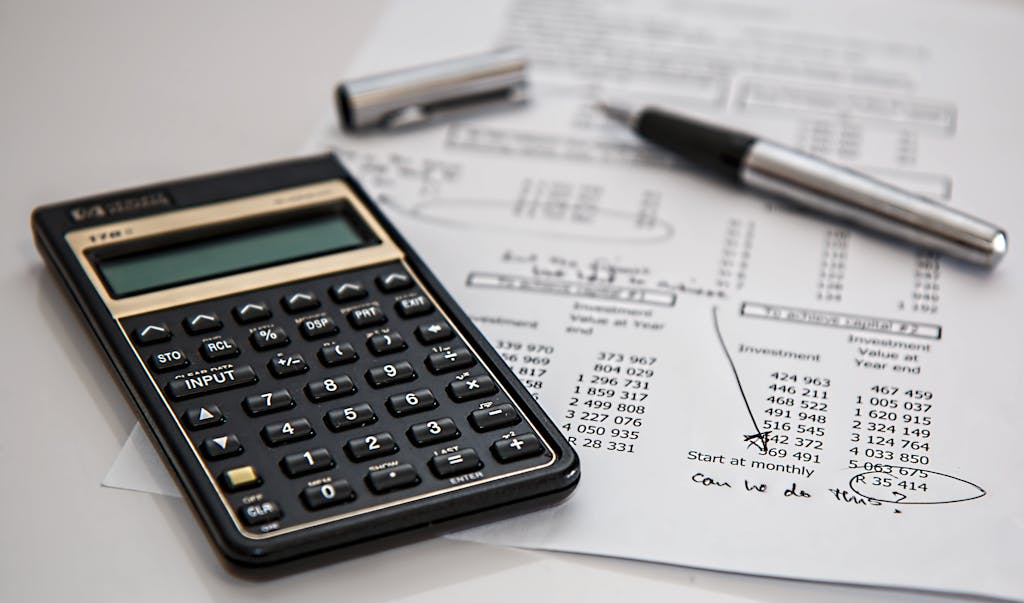This past weekend, I had the pleasure of speaking with dozens of school board leaders at CALN’s Candidate and Community Primer in Columbia about the education-related changes in South Carolina’s upcoming budget. With the S.C. General Assembly planning to meet Wednesday for an expected vote on the budget, I wanted to take the opportunity to share some of those changes here.
Increasing teacher pay
The new state budget (FY24-25) will raise the minimum salary for starting teachers from $42,500 to $47,000, an increase of more than 10%. Additionally, every teacher will receive a raise.
Teacher pay has come a long way in South Carolina in recent times. In 2019, the starting salary for K-12 educators was $35,000. Over these past five years, and once the new budget takes effect, it will have increased by more than 34%.
What can we expect going forward? S.C. Gov. Henry McMaster offered some insight during a budget press conference in January. His goal is for starting teacher salaries to reach $50,000 by 2026.
More raises for veteran teachers
Another positive change put forth by the new budget is to increase the number of years that teachers may earn annual raises. Right now, teachers in South Carolina can earn raises for at least their first 23 years on the job. Under the new budget, that will increase to 28 years.
Of course, pay opportunities vary by school district, and many offer raises beyond this baseline level. In the Charleston and Lexington/Richland Five school districts, teachers can see annual raises for up to 40 years, under the current salary schedule.
I am hopeful these improvements to teacher pay will help South Carolina continue to recruit and retain exceptional educators, who are vital to student achievement.
No cellphones during the school day
To receive state funding, school districts will need to implement a policy that prevents students from accessing cellphones and other personal electronic devices during the school day. This covers any device “not authorized for classroom use by a student, utilized to access the Internet, wi-fi, or cellular telephone signals.” The policy will first have to be adopted by the State Board of Education.
Such rules are becoming more common across the country, surfacing at the school, district and state levels. According to the National Center for Education Statistics, more than three-quarters of U.S. schools reported having a ban on non-academic phone use by students during the 2021-22 school year.
***
I also want to recognize our other speakers – Jonathan Butcher, Dave Trabert, Oran Smith and Jessica Proctor – for their outstanding and insightful presentations, as well as Wendy Damron for hosting an excellent panel discussion joined by school board trustees Jeff Zell (Sumter School District), Angela Nash (Vice Chair, Richland School District Two), and Pam McKinney (Charleston County School District).
To all who joined us on Saturday, thank you so much!

